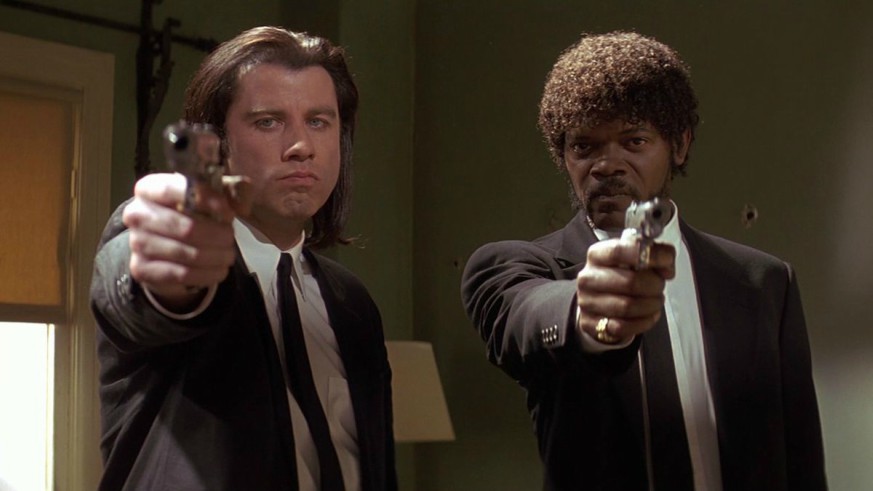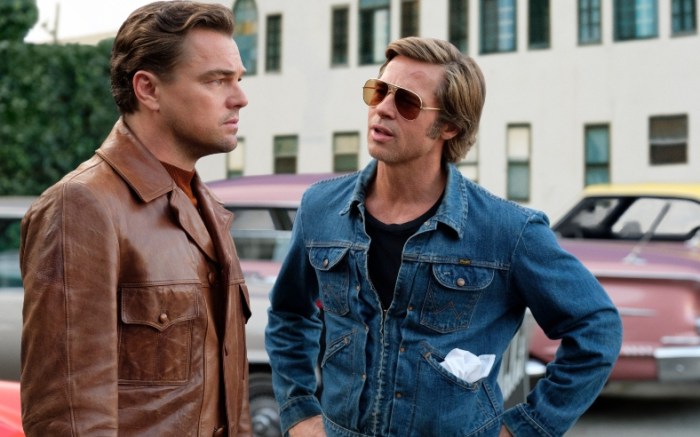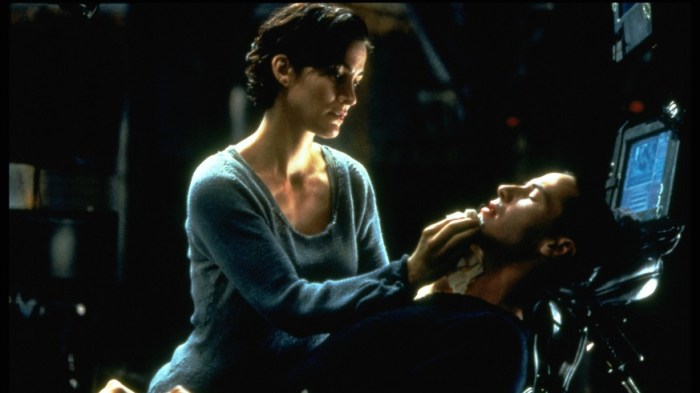Quentin Tarantino’s Pulp Fiction is packed with a hoard of iconic moments. But while Samuel L Jackson reciting Ezekiel 25:17, Mia Wallace and Vincent Vega dancing and Pumpkin and Honey Bunny’s hold-up are regularly cited as its most famous moment, arguably the most popular scene in the entire film is the death of Phil LaMarr’s Marvin at the hands of John Travolta’s hitman.
But the scene was almost totally different, something that Phil LaMarr himself recently revealed while discussing how educational it was to work alongside John Travolta. LaMarr admitted he was awestruck at just how conscious and aware Travolta was of his character and his relationship with the audience, the pinnacle of which was when Travolta told Tarantino that Vincent Vega shouldn’t kill Marvin on purpose, and instead it should be an accident.
“There’s one scene that [Travolta] had Quentin change, and it’s pretty much the only thing in that script that changed. Because the script is perfect,” Phil LaMarr recalled while on Nerdist’s Talkin Toons. “We were rehearsing, and originally my character in the back of the car is supposed to be shot twice … he was supposed to shoot me in the throat, and I was supposed to sit there gurgling while they have Tarantino-esque banter: ‘So put him out of his misery.’ So he was supposed to shoot me a second time. And that’s when the blood sprays all over, and everything continues as it is in the movie. “
“And John said, ‘I gotta kill him? Oh man, the audience is going to hate me.’ And Quentin stopped and said, ‘You’re right.’ And he realised the slight difference between, ‘[a gun shot] What happened?’ and aiming at this kid in the back and, ‘I’m just going to put him down like a dog.’ [Travolta] just had such an understanding of his relationship to the audience, and he was like, ‘This will ruin everything else I have in the movie.’ You don’t like him if he does that. And Quentin was like, ‘You’re right. And he changed it’.”
It’s a good job he did, too, because Marvin’s death in Pulp Fiction is one of the most surprising and hilarious moments in the entire film, and probably encompasses everything that’s so appealing about the filmmaker, too. You can relive its majesty below.
Those of you pining to watch Pulp Fiction again will be able to do just when it arrives on Netflix on September 1.

























